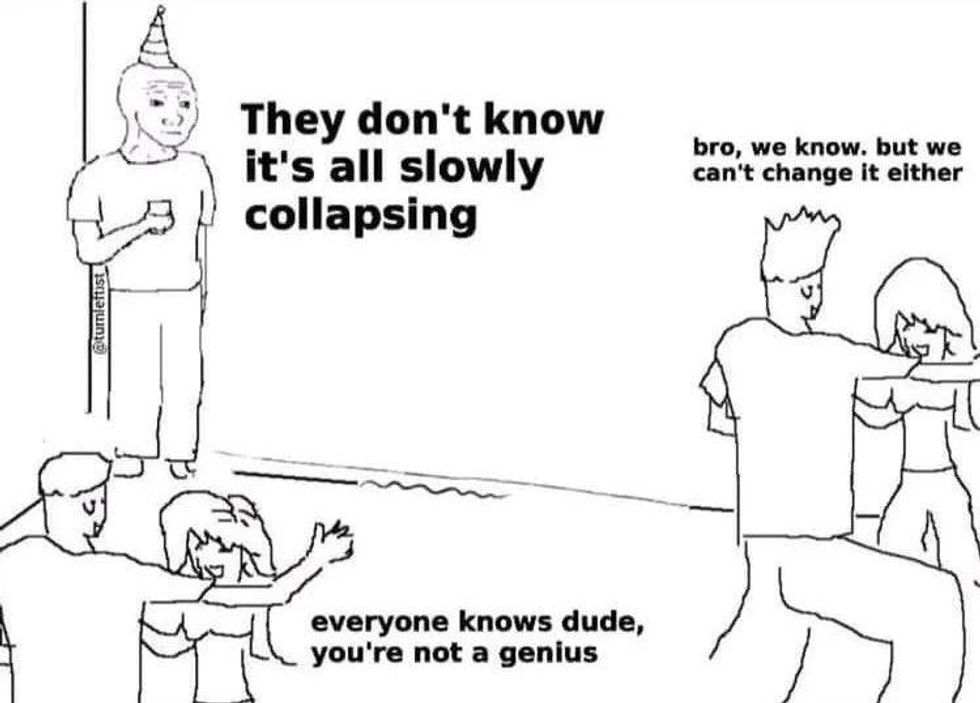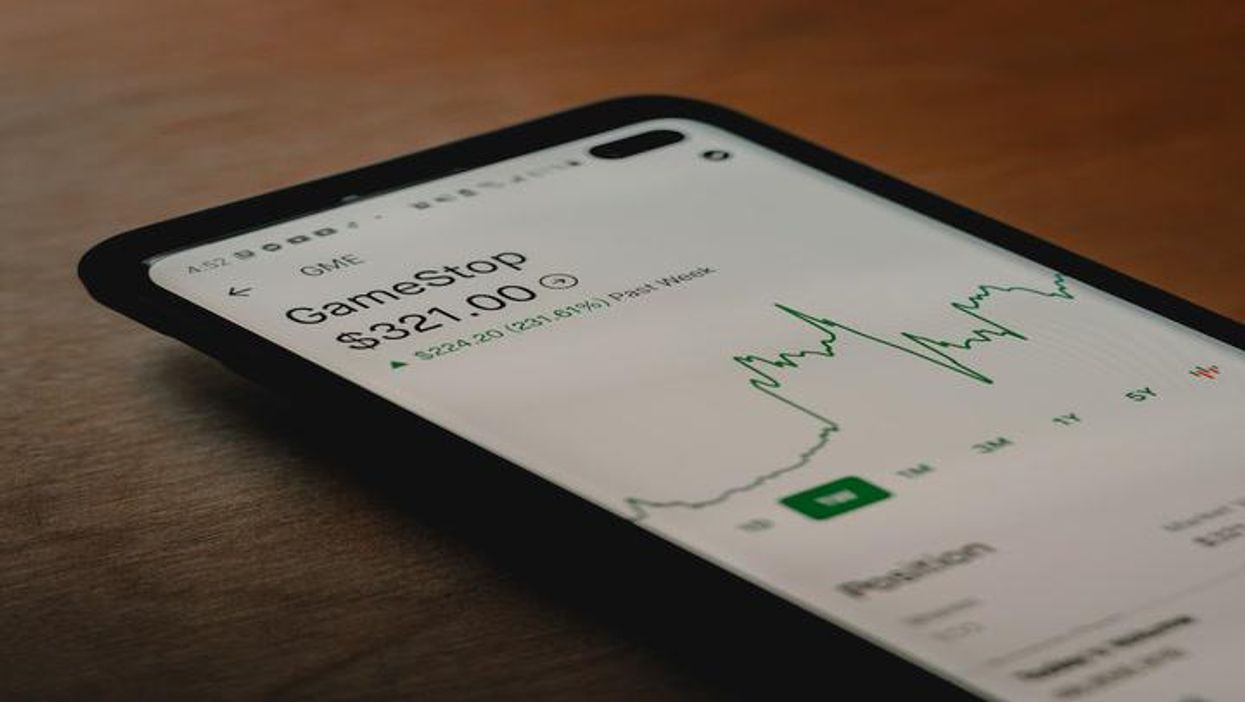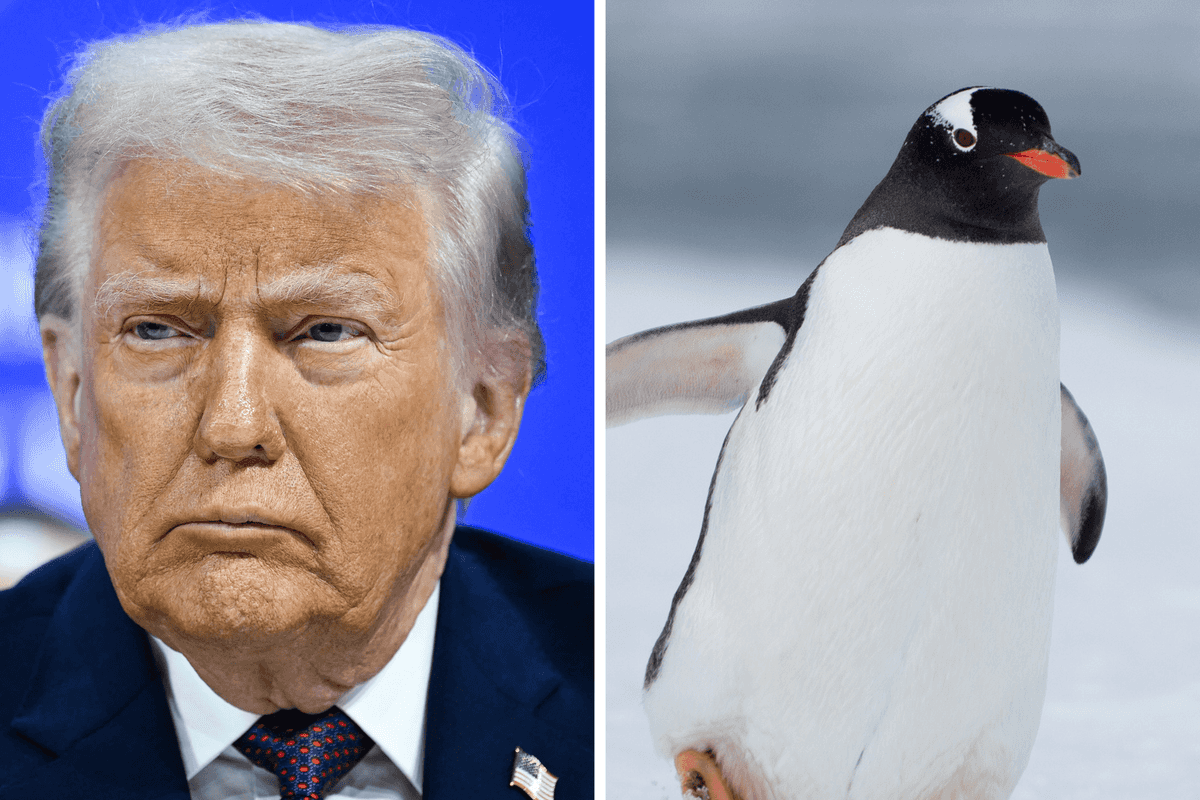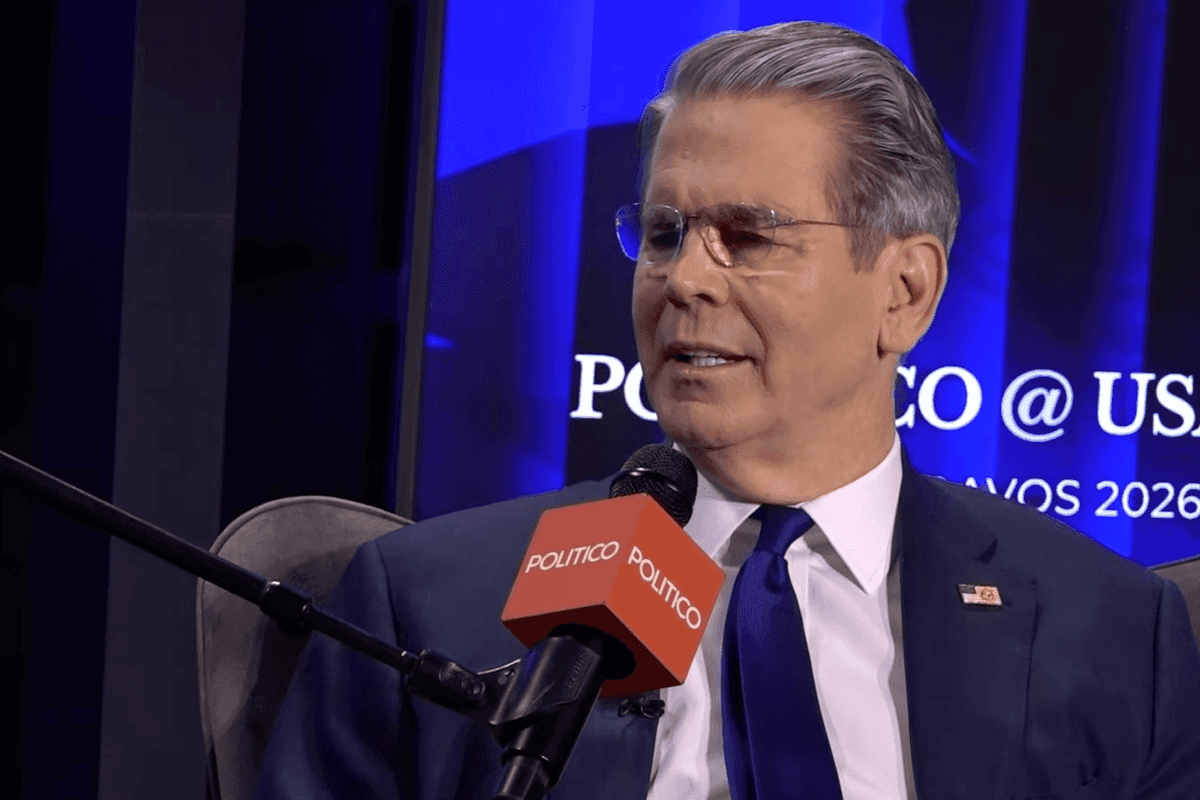Over the last decade, memes have taken over the internet, sparking conversations that only those who are aware of its meaning can understand.
In a way, memes are the internet's inside joke, but even something as attached to the online world has had implications offline. More so, we've seen memes manifest into politics and used every day by people like Donald Trump Jr.
In an effort to learn more about how digital culture (and the real world) is influenced by memes, Indy100 spoke to an actual meme doctor: Dr. Jamie Cohen.
Dr. Cohen is a digital media writer, speaker, researcher and educator. He holds a PhD in Media and Cultural Studies with a focus on memes and digital culture. Currently, he is an assistant professor at CUNY Queens College where he teaches Digital Activism, Social Media and Advertising Aesthetics.
Truly a master and expert of all things online, Dr. Cohen also holds a Master's degree in YouTube. His original research project was about YouTube and he began studying the platform academically in 2006. He was eventually given the amazing opportunity to start an Internet Studies degree at a college and created a YouTubers course there. He then pivoted to in-depth research of memes because of his media archaeological approach to memes and meaning in 2015, conductive extensive research on Pepe the Frog.
Below, read our interview with Dr. Cohen and all he has to say about the world of memes:
We think of memes as a relatively recent phenomenon, but are there any historical examples of them?
Technically, a meme is any type of referential nuanced material, so it's very possible that some cave paintings were memes. We'll never know. But the trend of our current memes stems from the 70s and a big proponent of memes as trends and ideas was Terrence McKenna. He related memes to art and psychedelics and community sharing. Because of this though, there's been some complicated connections to early memes that Qanon adherents use to validate their wild ideas. This is a long story.
Why are memes so powerful?
Memes are powerful because they have the ability to overwrite history. A meme can be remixed and remade so much that we forget the original meaning of a word or idea and only reference the meme rather than the origin. See Doge meme (the dog) versus Doge the Venetian aristocratic duke (big explainer in this essay I wrote for OneZero).Why are some meme formats so enduring, when many are typically fleeting?
Great question. It has to do with form and function. The reason some memes are sticky happens to do with shapes and forms that are easy to see from a distance. Many formats are the same, but are just derivatives. Sort of like how the Drake no/yes meme is the same format as the car going off the exit, the bus meme from 2021, and distracted boyfriend. Simple formats that allow people to participate without too much work are usually much more enduring than complicated nuanced memes.
Why did you choose to specialize in YouTube and memes?
Arguably, YouTube isn't a culture factory, YouTube is culture. When people make YouTube content or memes, they are creating in a space that is wildly unlimited. Who knows what goes viral and becomes part of the larger cultural and political conversation. Anyone can shift that. I study it because we need to read memes and YouTube as we read traditional media like television, film, newspapers, radio etc. User generated content is culture creation and often contains energy. The energy is usually spent simply by sharing, but sometimes, the energy can be converted into kinetic energy. See how memes inspired the Jan 6 insurrection for example. This needs to be studied and taken seriously. Second, (and I know this is going long) we have to be aware of how ideas can become commoditized. Understand how influencers are paid and see that YouTube labor is often underpaid by comparison to mainstream. Same with memers. Labor and commodification are a huge part of my studies.
What do your courses look like?
They are critical thinking courses that merge creativity and making. I founded an internet studies degree at a small college and I created a YouTubers course there that's still being offered. Students learned how to literally make weekly content, grow an audience, upgrade their aesthetic choices, and increase their presentation skills all along with learning how YouTube as a mega corporation works, how creators feel, and what rights they are afforded on the platform. In my meme studies courses, we learn a lot about semiotics, cultural studies, and art history. I love teaching more than anything in the world and deploy a lot of my scholarly work in the classroom.
Do you have a favorite meme format/account?
My Instagram and Twitter feeds are littered with meme accounts. But to be honest, I like when people curate memes on their stories, it gives me a better sense of what's funny. I also really like odd creative content like what Savanah Moss does as well. As far as a format, I really like the wojak at the party meme "They don't know..." format.

How are memes currently affecting politics?
This is the crux of my work. On January 6th, a man wearing a Pepe mask and Kekistan Flag stormed the Capitol. Elected representatives use memes and reaction culture to keep their audiences engaged. Some are leveraging off of Trump's meme culture and now empowering bad actors and white nationalists to meme their way into political discourse (see Paul Gosar and the far right). Many politicians have Millennials and Gen Z folk on staff to help engage audiences through memes. Memes are a form of graphical communication and like any form of visual culture, they can be propagandized. Again, this is why we need to talk about memes seriously.
You researched Pepe the Frog - what did you learn?
SO MUCH. I started my research on Pepe the Frog before he was co-opted by the far right. It was during the era of the "rare pepe" where false scarcity was causing valuation. My focus at the time was about appropriation by corporations, but in the end, it was a political culture that appropriated the image. What I've learned the most is that no meme is static, it changes because of the culture around and in turn, shapes the culture in reaction. Pepe represents the framework for meme cycles but at scale. Pepe is also a case study for how memes and symbols are used in different geographical locales. Pepe means different things to different movements and to me, that's really exciting to study.
Finally, I want to add that we need to incorporate meme literacies into media literacy education. We can use previous frameworks of media analysis on memes, but we need to treat memes a bit more stratigraphically, sort of like archaeology. We need to dig into their references and learn the subtext of the memes so we don't accidentally share memes loaded with dog whistles. In other words, because memes are graphical, some savvy meme makers know how to embed dangerous rhetoric into seemingly innocuous images. It's important to learn to read memes and talk to young people about memes in a serious way.














